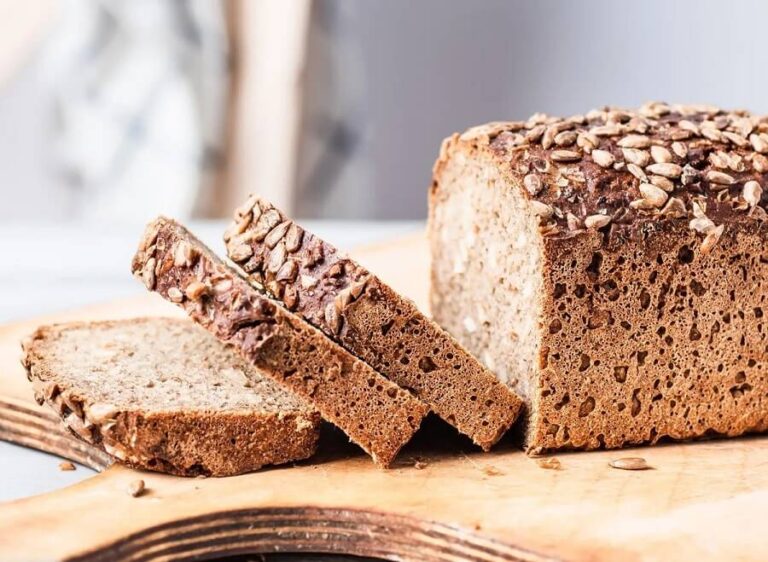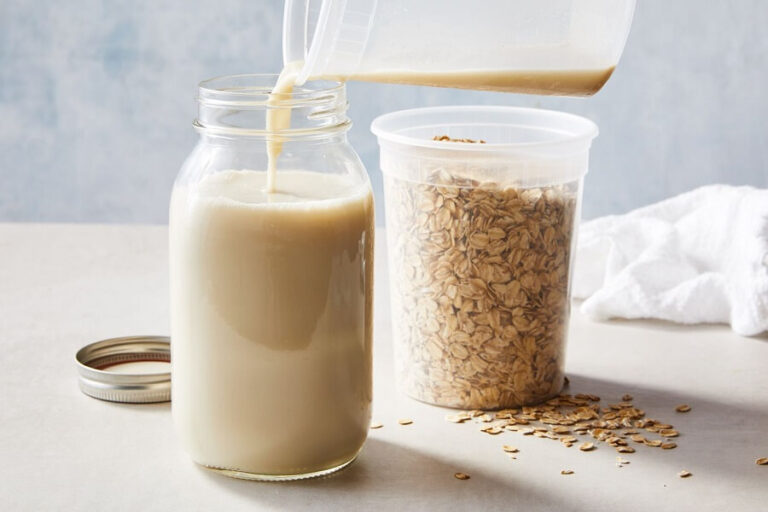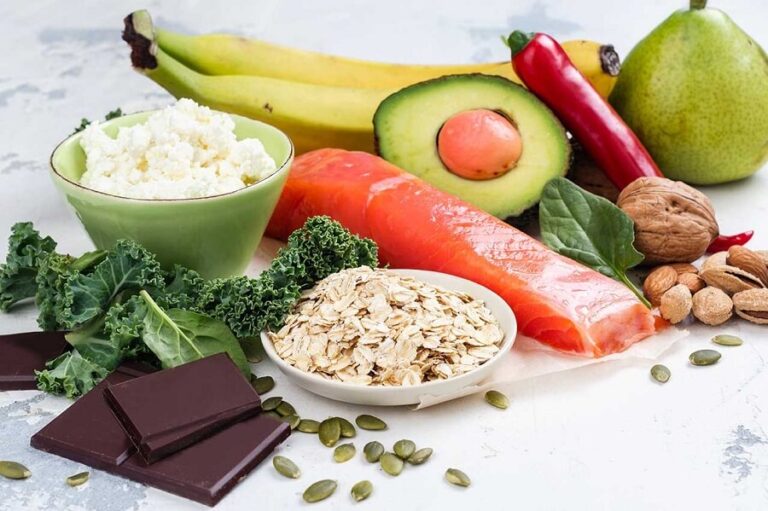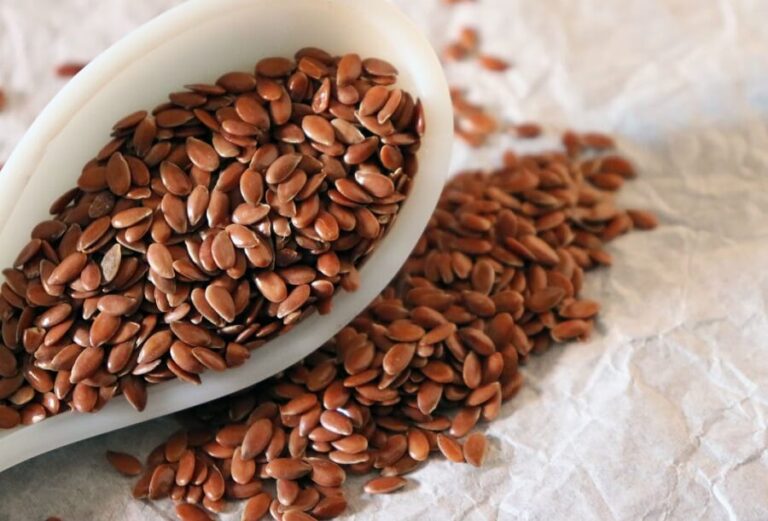Collagen is a protein essential for the health and function of your body’s connective tissues. Without collagen, your body could look very different. The potential benefits of expensive collagen supplements aside, the foods you eat can help your body produce more collagen. And honestly, some of us prefer to try the food approach first.
Even if younger-looking skin or joint pain relief isn’t in your interest, collagen should still be in its orbit – we start losing collagen in our mid-20s, and after 40, our bodies lose about 1 percent collagen each year.
Including foods with collagen is essential to improving skin health and preventing joint disorders like osteoarthritis. Read on to learn more about source of collagen foods that foods have the most collagen and which ones help stimulate its production.
RELATED: Do Collagen Supplements Work?
Collagen Foods: What Are They?
Collagen is found in abundant amounts in almost all foods of animal origin made from cartilage, skin, or meat.
Gelatin and some sweets are foods with animal collagen par excellence. Eggs, red meats: chicken, fish, and pork are the foods with collagen that follow. In addition, collagen is found in high amounts in seafood: oysters, shrimp, and squid, as well as in agar-agar and kanikama sticks.
The seven collagen-rich foods:
- Gelatin
- Meats: chicken, pork, red, fish
- Bone broth
- Animal skins
- Fruits of the sea
- Jelly
- Kanikama
Gelatin is flavored powdered animal collagen. The initial collagen extraction obtains this product from farmed animal tissues such as pigs. (1) Furthermore, collagen is found to a lesser extent (10%) in chicken, pork, and fish meats. Animal skins are one of the foods with the highest concentrations.
Seafood, agar-agar, and kanikama are high-quality collagen foods. They not only contain type I but type II collagen—a type of molecule with benefits for the joints. Marine animals are the raw material for making hydrolyzed marine collagen supplements.
Foods that stimulate the natural production of collagen
When talking about collagen, the most frequent mistake is to focus all energy on eating it or applying it to the skin—leaving aside the idea of stimulating its natural production through the combination of foods.
Including foods rich in vitamin C and foods rich in calcium is the key to promoting the natural synthesis of collagen in the body. Studies confirm (4) (5) that combining collagen, calcium, and vitamin C help increase their crude production by 20%.
A study (1) has confirmed that natural bee pollen is another food with the potential capacity to stimulate the production of natural collagen. The results have been positive in animals; there are still more studies to be done to include it on the collagen foods list.
What to eat to have more natural collagen:
- Peppers
- Citrus
- Berries
- Green leaves
- Tomatoes
- Dairy products
- Vegetables
- Spirulina
Foods with collagen vs. supplements
The main difference between eating collagen foods and taking supplements is their absorption rate. The collagen hydrolyzate is prepared from animal bones and cartilages. However, the different chemical processes to which they are subjected make them more assimilable.
While in some instances, there could be a slight advantage to taking supplements versus eating foods with collagen, for example, as a treatment for the joints. (3); This does not mean that you should stop consuming foods with collagen.
Research on the subject is limited to the fact that supplements could increase the availability of collagen amino acids by no more than 20-25%. (6)
Therefore, while most of the information on collagen strongly recommends taking supplements instead of food, stating that in its natural form, it is absorbed much worse than hydrolyzate, the existing scientific research on this subject is not so decisive.
If you want to stimulate collagen production, both supplements and food are good sources of nutrients.
Summary
Foods with collagen are meats and products derived from animal skins and cartilage. Gelatin is one of the foods that have the most. However, including this type of food does not ensure a higher natural production. To stimulate the biological synthesis of this molecule, it is considered of greater importance to include vitamin C and calcium in the diet. Collagen supplements have the advantage of being better assimilated than food.







